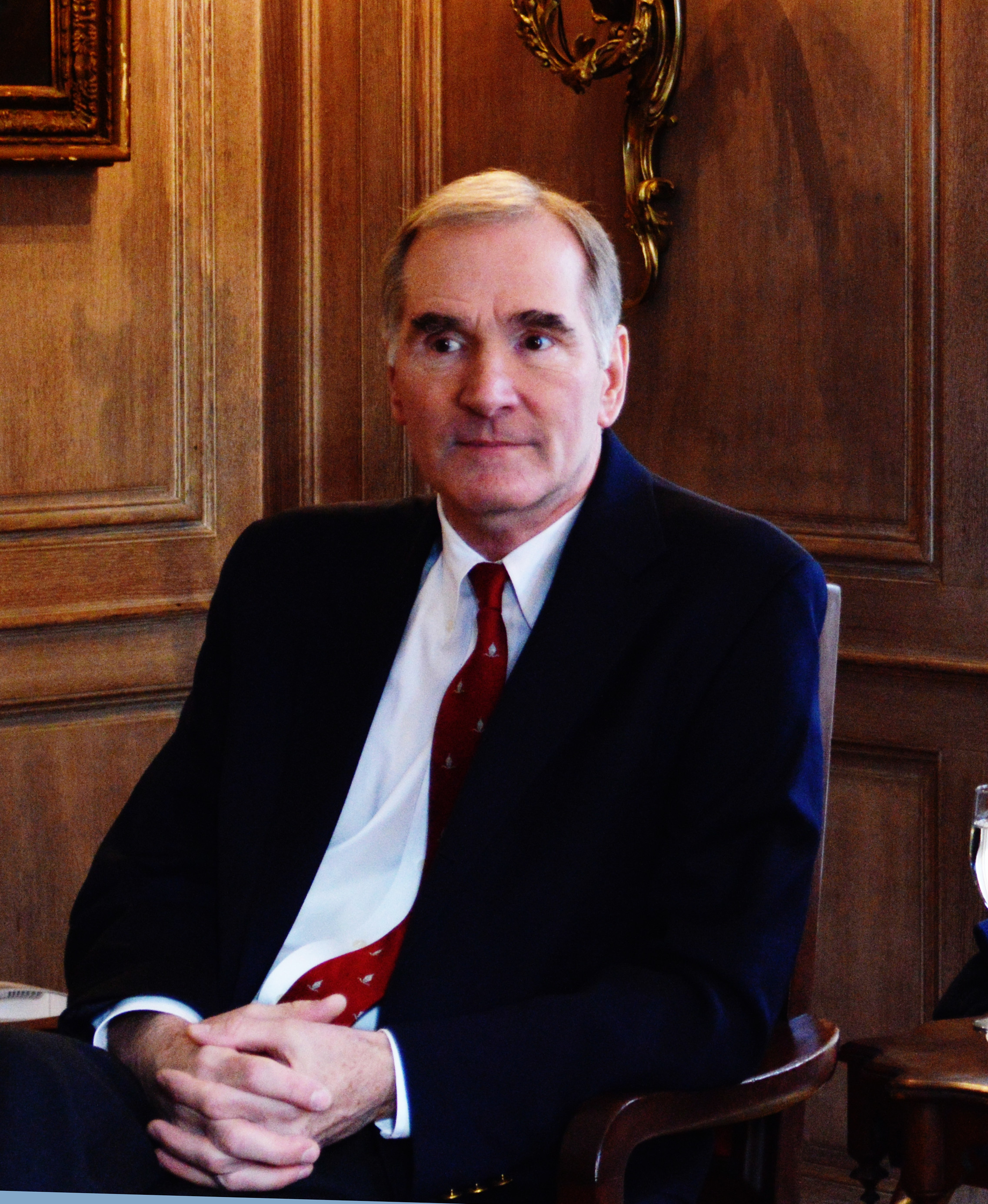
After years of dogged student advocacy, the University’s Investments Office has divested part of Yale’s endowment from the fossil fuel industry.
In a Tuesday letter to Yale’s Advisory Committee on Investor Responsibility, Chief Investment Officer David Swensen reported that after months of talking with Yale’s external investment managers about the potential risks associated with investments in coal and oil, around $10 million of the endowment has been removed from three publicly traded fossil fuel producers. Tuesday’s message follows a letter penned by Swensen in 2014, in which he asked Yale’s investment managers to consider climate change in their investment choices. Although Swensen did not release the names of the investment managers or companies involved, he said that by June 30 of last year — the end of fiscal year 2015 — Yale’s $25.6 billion endowment had only minor holdings in oil sands and thermal coal, which pollute more than other energy industries. Around 6.8 percent of the Yale endowment was invested in natural resources in fiscal year 2015, a drop from the 8.3 percent average of the previous four years.
The announcement comes after five years of sustained student activism, at Yale and across the country, calling for universities to divest completely from fossil fuels. At Yale in particular, students have pointed to the fossil fuel industry’s pernicious environmental and cultural impact, and the University’s stated commitment to ethical investment. While Swensen’s letter did not specifically mention the role of student voices, according to Fossil Free Yale member Nathan Lobel ’17, Swensen told the ACIR that the decision came at least in part due to student organizing.
“The Investments Office believes the risks of climate change, like any risks, should be incorporated in the evaluation of investment opportunities. This is not an easy, straightforward task,” Swensen wrote. “However, initiating and continuing a dialogue with our managers about those risks result in more thoughtful consideration of investment opportunities, higher quality and lower risk portfolios for Yale and better environmental outcomes.”
Several climate change activists criticized Swensen’s letter for grounding the decision in financial considerations rather than ethical ones. While Swensen’s letter demonstrates a willingness to engage with the issue of climate change, Yale’s endowment remains invested in some industries, such as natural gas, that student activists say are still a threat to the environment.
Several hours after the letter was released, members of FFY staged a protest — which had been planned weeks in advance without knowledge of Swensen’s letter — at a colloquium at Sprague Hall with United Nations Secretary-General Ban Ki-moon. FFY member Arabelle Schoenberg ’19, who opened a protest after Ban’s presentation, said that though it was a “huge day for divestment,” the decision to remove $10 million from a few companies was an economic tactic rather than a way to expose the harmful practices of fossil fuel companies.
“This is progress, but this is not divestment,” FFY Communications Director Chelsea Watson ’17 wrote in a statement to the News. She said the shift in Yale’s investment strategies is significant, but that FFY remains committed to achieving divestment for ethical reasons.
“Fossil Free Yale’s entire proposal on why Yale should divest is centered around the fact that the fossil fuel energy creates grave, ethically unsound social injuries,” FFY member Griffin Walsh ’19 said. “The idea that we should divest strictly on an economic basis is offensive to so many people in that it is saying that Yale cares more about its financial state than it does about the wellbeing of the people around the world affected by climate change.”
The letter highlighted two ways in which the University has shifted toward more environmentally conscious investments: taking the $10 million out of the thermal coal and oil sands industries, and avoiding new investments in overtly contaminating energy companies.
Yale’s investment strategy combines in-house endowment management with a host of external investment managers. The announcement that Yale’s external managers are shifting the University’s endowment holdings suggests that these external managers have listened to and showed support for the recommendations Swensen made in 2014.
After conversations with the Investments Office, two of Yale’s external investment-management firms sold their coal and oil sands holdings. The founder of one of the firms agreed that climate change and carbon pricing were “unknowable risks,” and that fossil fuel producers with significant carbon footprints were “declining businesses, a profile the firm preferred to avoid.”
In addition, since Swensen’s 2014 letter, new investments made by Yale’s investment partners have been in keeping with Yale’s investment approach, and Yale has not made any new investments in greenhouse gas-intensive energy companies since then, Swensen said.
Beyond considering Yale’s holdings in fossil fuel industries, Swensen said Yale’s investment managers should also consider the implications of climate change when evaluating farmland acquisitions in southern locations or the risks of owning low-lying coastal real estate, which could be vulnerable to rising sea levels.
Although FFY criticized Yale’s decision for its apparent lack of ethical motives, Swensen’s 2014 letter explicitly recognized global warming’s “grave threat to human existence.” And a passage in the middle of Swensen’s Tuesday letter suggests ideological considerations as well. He described a recent incident in which Yale had traveled “very far down the path” to hiring a new energy manager, but eventually decided to break ties after what Swensen called a “divergence of views” between Yale and the manager over the risk of climate change and how to account for that risk when investing.
“In part as a result of those conversation, the Investments Office decided not to pursue that investment relationship,” he wrote.
Yale’s endowment saw a 11.5 percent return in fiscal year 2015.







